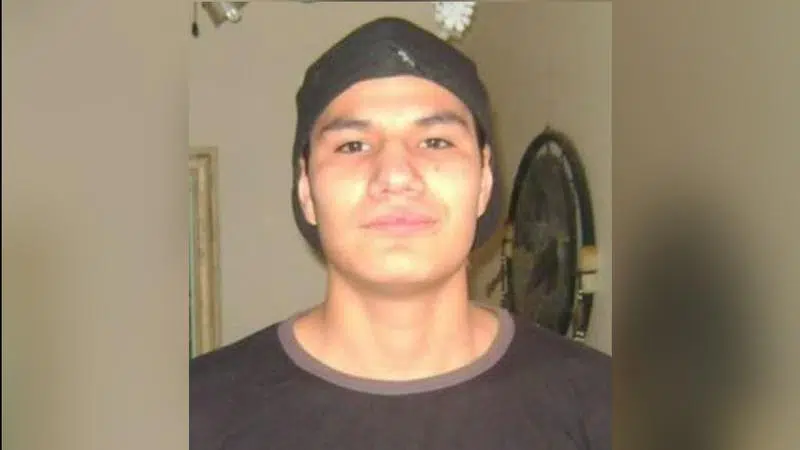
Inmate’s death requires inquest, says national group
An inmate who died Monday at Saskatchewan Penitentiary had no place being in custody, according to a spokesperson for the Congress of Aboriginal Peoples (CAP).
Curtis McKenzie, 27, died Monday, March 9. At this point in their investigation neither the RCMP nor the Correctional Service of Canada have revealed the cause of death.
CAP Vice-Chief Kim Beaudin, who was also McKenzie’s outreach worker, told paNOW the cause of death was suicide.
“My understanding is he was crying out for help and it just wasn’t there,” Beaudin said.



